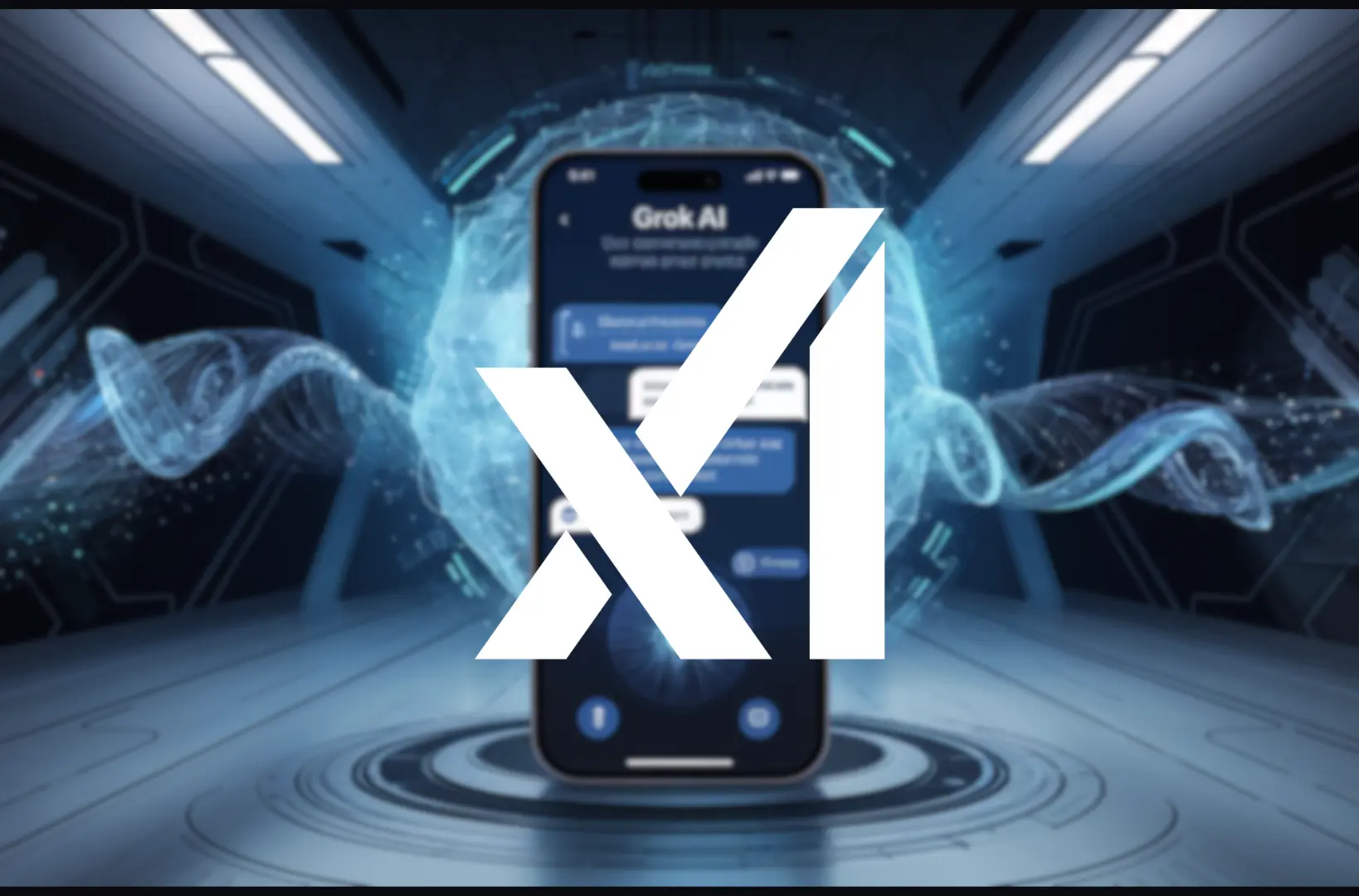Artificial Intelligence (AI) has already begun to reshape industries across the globe, and call centers are no exception. As we move toward 2025, AI in Call Center Services is becoming increasingly profound, offering a range of benefits from enhancing customer service to improving operational efficiency. The adoption of AI technologies such as chatbots, virtual assistants, and predictive analytics is no longer a futuristic concept—it’s already happening. However, as these technologies continue to evolve, the full extent of their impact on call center services in the near future is still unfolding.
In this post, we will explore how AI will transform call center services by 2025, the benefits and challenges it brings, and what the future holds for this technology. Whether you’re a business owner, call center manager, or customer service professional, understanding the role AI will play in this space is crucial for staying competitive and meeting the ever-growing expectations of customers.
Current Trends in AI and Call Centers (2024)
As of 2024, AI is already making a significant mark in call center services. While traditional call centers relied heavily on human agents to handle customer queries, AI technologies are gradually taking over some of the more mundane tasks, enabling human agents to focus on higher-level concerns.
- AI Chatbots and Virtual Assistants
AI-driven chatbots have become a staple in modern customer service. These bots handle everything from answering frequently asked questions to troubleshooting basic technical issues. With natural language processing (NLP) capabilities, chatbots are able to understand and respond to customer queries in a human-like manner, providing 24/7 support without the need for human intervention.
- Automation of Routine Tasks
Many call centers still spend valuable time on repetitive tasks such as data entry, ticket routing, and basic customer queries. AI can automate these tasks, saving time and reducing errors. Automation tools are being used to handle low-level queries, freeing up agents for more complex tasks.
- Predictive Analytics for Customer Behavior
AI is also helping call centers predict customer behavior by analyzing vast amounts of data. Predictive analytics uses machine learning algorithms to forecast customer needs and preferences based on past interactions. This allows call centers to proactively address issues, improving customer satisfaction and reducing call volumes.
- Benefits in 2024
The integration of AI into call centers has already led to improved efficiency, cost savings, and enhanced customer service. However, with AI technologies advancing at an exponential rate, these benefits are expected to grow even further by 2025.
How AI Will Transform Call Centers by 2025
By 2025, AI will play an even more pivotal role in call centers, driving transformation in every aspect of operations, from customer interactions to workforce management. Here are some of the key areas where AI will revolutionize call centers by 2025:
- AI-Powered Customer Interactions
One of the most profound changes AI will bring to call centers is the evolution of customer interactions. As AI algorithms improve, so will their ability to handle increasingly complex customer queries. AI-powered chatbots and virtual assistants will move beyond simple question-answering to engage in natural, human-like conversations.
- Hyper-Personalized Customer Experiences
By 2025, AI will be capable of delivering hyper-personalized experiences at scale. Using data such as past interactions, purchase history, and customer preferences, AI will be able to tailor responses in real-time, creating a unique, personalized experience for each customer. This level of personalization will help businesses build stronger customer relationships and increase loyalty. - AI-Driven Voice Assistants
Voice assistants like Amazon’s Alexa or Apple’s Siri have already demonstrated the power of voice recognition. By 2025, voice assistants used in call centers will become even more sophisticated, able to understand complex customer issues and provide accurate, context-aware solutions.
- Improved Efficiency and Reduced Costs
AI will dramatically improve the efficiency of call center operations, streamlining processes and reducing operational costs.
- Automating Repetitive Tasks
Routine tasks such as ticket routing, data entry, and follow-ups can be automated with AI. This will reduce the workload on human agents and allow them to focus on higher-level tasks. Moreover, AI can handle large volumes of interactions simultaneously, ensuring that no customer query goes unanswered. - Workforce Management Optimization
AI-driven workforce management tools will optimize staffing by predicting call volumes and ensuring that call centers are adequately staffed at all times. This can help avoid understaffing during peak hours and overstaffing during quieter periods, improving efficiency and reducing costs.
- Advanced Analytics and Insights
AI will also significantly enhance the analytics capabilities of call centers, enabling them to derive actionable insights from customer interactions.
- AI-Powered Data Analysis
By analyzing vast amounts of data from calls, chats, and social media interactions, AI will help call centers understand customer sentiment, pain points, and needs. This will empower businesses to make data-driven decisions that improve service delivery, product offerings, and overall customer satisfaction. - Predictive Capabilities
AI will enable call centers to predict customer behavior more accurately, such as the likelihood of a customer churning or needing additional assistance. This predictive capability allows businesses to proactively address issues before they escalate, reducing customer frustration and enhancing loyalty.
- AI for Multichannel Support
In 2025, call centers will no longer rely solely on phone-based support. AI will help deliver seamless support across multiple communication channels, including email, social media, live chat, and more.
- Omnichannel AI Integration
AI tools will be integrated across all customer communication channels, ensuring a consistent experience no matter how the customer chooses to engage with the brand. Whether it’s a voice call or a social media inquiry, AI will ensure that the transition between channels is smooth, creating a seamless support experience for the customer. - 24/7 AI Support
With AI-powered systems in place, call centers will be able to offer round-the-clock customer support. Customers can interact with AI bots at any time of day, reducing wait times and improving overall satisfaction.
Challenges and Considerations for Implementing AI in Call Centers
While AI offers immense potential, there are several challenges and considerations that businesses must address before fully adopting AI in their call centers.
- Data Privacy and Security
With AI systems handling sensitive customer data, ensuring data privacy and security will be critical. Call centers will need to invest in robust security protocols and ensure that AI systems comply with regulations like GDPR to protect customer information. - Balancing Human Interaction with AI Automation
While AI can automate routine tasks, human agents will still play an important role in resolving complex issues and providing empathetic customer service. Striking the right balance between AI and human agents will be crucial to maintaining high levels of customer satisfaction. - AI Errors and Limitations
AI is not infallible, and errors in speech recognition, context understanding, or decision-making can lead to customer frustration. Call centers will need to establish systems for quickly escalating issues to human agents when AI is unable to resolve them. - Training and Integration
The successful implementation of AI in call centers will require significant investment in employee training. Call center staff must be trained to work alongside AI systems, understand their limitations, and provide seamless customer experiences.
Future Possibilities: What’s Next for AI in Call Centers Beyond 2025?
Beyond 2025, AI is expected to continue evolving, bringing new possibilities and capabilities to call center services.
- Emotion-Sensing AI
One of the most exciting developments on the horizon is emotion-sensing AI. By analyzing voice tone, speech patterns, and even facial expressions, AI will be able to detect the emotional state of customers. This will allow call centers to better respond to customer frustration, confusion, or satisfaction, tailoring their responses accordingly. - Full Automation and Workforce Impact
While AI will handle many routine tasks, the potential for full automation of certain call center functions may raise concerns about job displacement. Call centers will need to carefully manage this transition, upskilling their workforce and creating new roles for employees in more strategic areas. - Remote Call Center Work and AI
As more companies adopt remote work models, AI will play a key role in managing distributed call center teams. AI tools will help monitor performance, optimize workflows, and ensure consistent service delivery, regardless of where the agents are located.
Conclusion
AI is already reshaping the call center industry, and by 2025, its influence will only grow stronger. From enhancing customer interactions to streamlining operations and providing actionable insights, AI will revolutionize how call centers function. However, businesses must carefully navigate challenges such as data privacy, balancing automation with human touch, and addressing the limitations of AI.
For businesses that embrace AI now, the future holds great promise. By leveraging AI technologies, call centers will be able to offer more personalized, efficient, and customer-friendly services that set them apart in an increasingly competitive landscape. As we approach 2025, those who fail to adapt may find themselves left behind as AI-powered call centers lead the way in customer service innovation.

Burhan Ahmad is a Senior Content Editor at Technado, with a strong focus on tech, software development, cybersecurity, and digital marketing. He has previously contributed to leading digital platforms, delivering insightful content in these areas.








